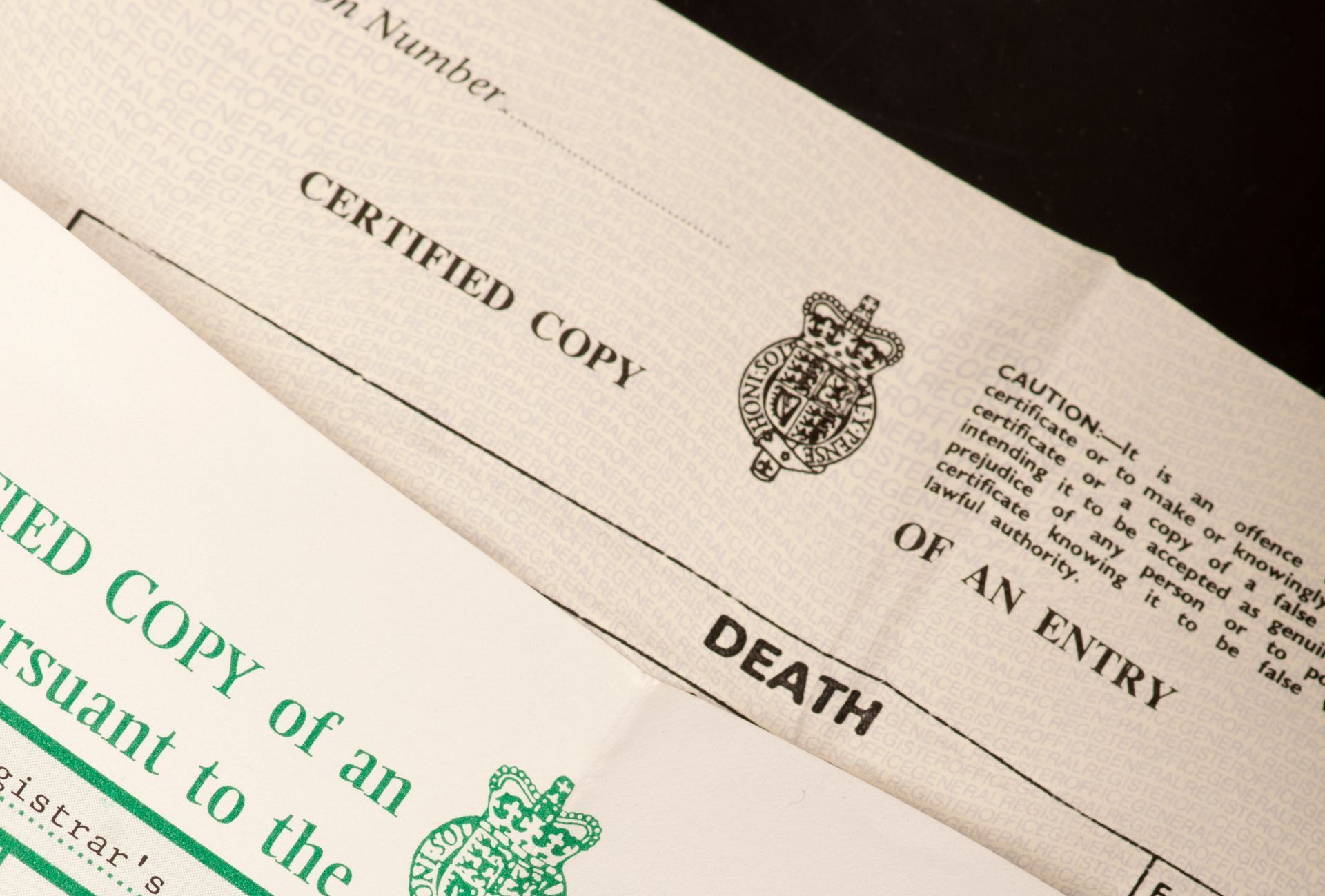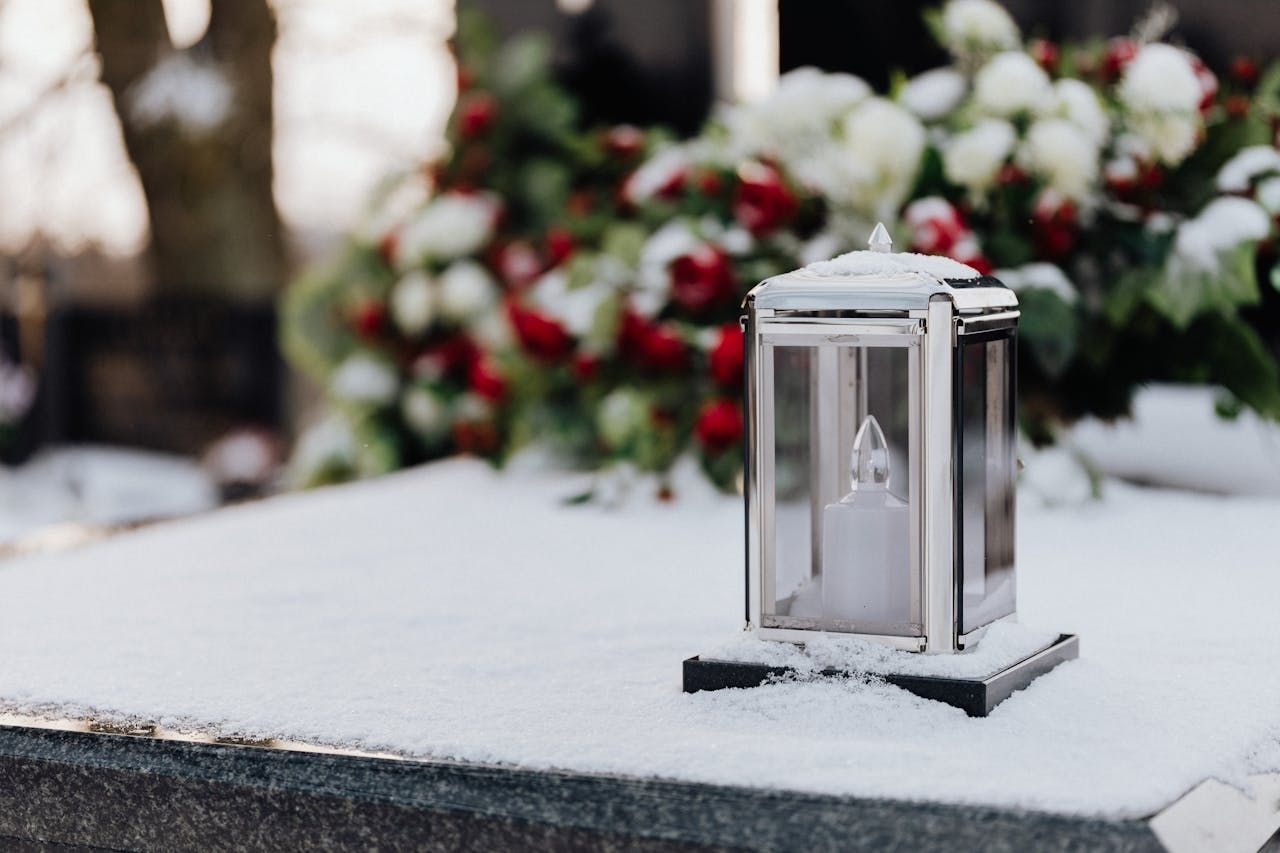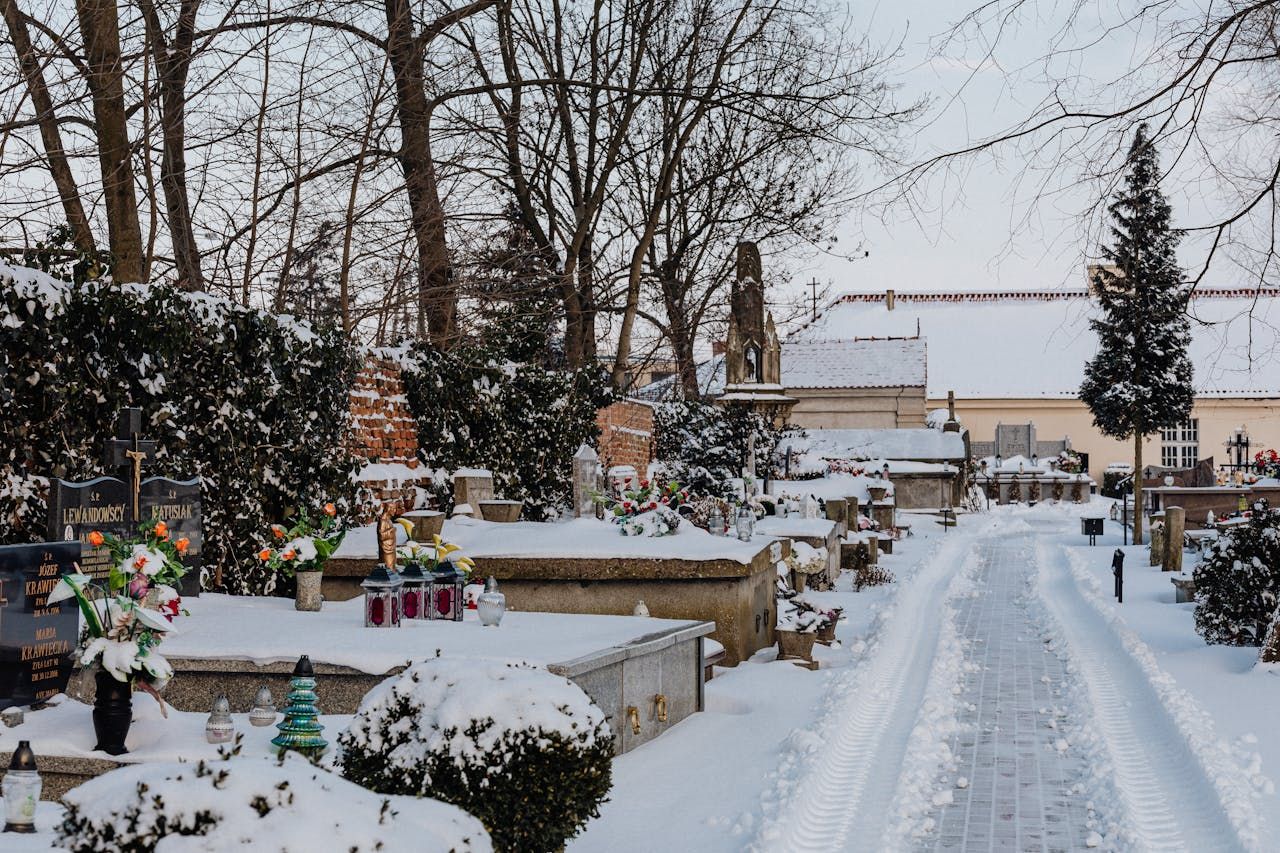Do You Need a Death Certificate to Arrange a Funeral?

When faced with the overwhelming task of organising a funeral for a loved one, understanding the necessary documentation can help alleviate stress. One essential document is the death certificate, which is crucial in finalising funeral arrangements and managing administrative processes.
Why Is a Death Certificate Necessary?
A death certificate is a legal document issued upon registering a death with the Registrar of Births, Deaths and Marriages. It is required for several reasons, including:
1. Finalising Funeral Arrangements
While a funeral director does not need a physical copy of the death certificate, they do require the death to be registered before they can proceed with the arrangements. After registering the death, the registrar sends relevant documents electronically to allow proceedings such as burial or cremation to proceed.
2. Permits for Burial or Cremation
Specific forms, such as the "green form" for burial or a cremation certificate, are issued once a death has been registered. These permits are vital for arranging the funeral service legally. The funeral director often liaises with the registrar or coroner to collect this paperwork on your behalf.
3. Estate Administration
The death certificate is required to manage the deceased person’s estate. From closing bank accounts to filing insurance claims and pensions, this document acts as proof of death for various legal and financial processes.
4. Fraud Prevention
By accurately documenting deaths, the death certificate helps prevent identity fraud and ensures proper record-keeping for legal authorities and family members.
Can You Plan a Funeral Before Registering the Death?
Yes, you can! Contacting your funeral director before the death has been officially registered is perfectly acceptable. Funeral directors, such as Bridgwater Funeral Services, provide invaluable guidance on the necessary steps to register the death and start planning the service. Additionally, many funeral homes offer support in managing logistics during this challenging time.
How to Obtain a Death Certificate
- Providing identification and documentation such as the medical certificate of cause of death, proof of address, and personal details about the deceased.
- Receiving the formal death certificate upon registration.
Key Role of the Funeral Director
Bridgwater's Approach to Funeral Services
Helpful Tips for Managing a Death Certificate
- Keep Copies: Ensure you store all copies of the death certificate in a safe place. You will likely need them for various purposes over time.
- Check Requirements: Different organisations have different documentation standards. Always confirm whether certified copies are required.
- Use the ‘Tell Us Once’ Service: This UK government service allows you to notify all essential organisations about a death in one go, saving time and effort.
Need Support with Funeral Arrangements?
Handling the logistics of a loved one’s passing can be stressful, but help is always available. Whether you need advice on registering a death, obtaining a death certificate, or planning the perfect service, Bridgwater Funeral Services is ready to assist you.
Contact us today at info@bridgwaterfunerals.co.uk or call 01278 457755.
Understanding legal requirements and processes like obtaining a death certificate can ease your burden during a time of loss. Take comfort in knowing that professionals at Bridgwater Funeral Services are here to help every step of the way.


